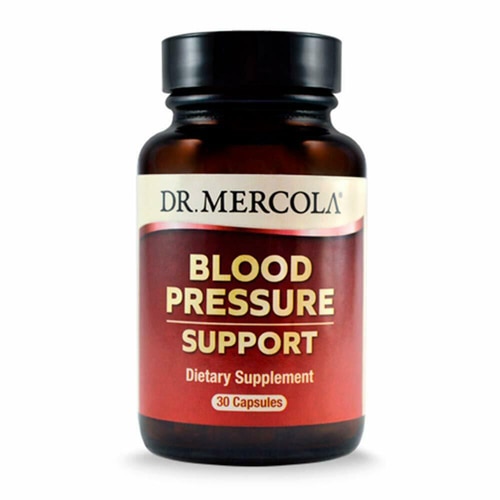As any procrastinator knows, the longer you wait to do something, the harder it is to get started. Procrastination creates an inner paralysis as inertia dukes it out with an internal call to action. The upshot? The more there is to do and the more unsurmountable it becomes.
So why do we procrastinate? Often it comes down to instant gratification versus deferred pleasure. Our brains are programmed to procrastinate. We are by nature hedonistic creatures, always preferring the allure of pleasure now over pleasure later.
There’s a logic to the madness: Our brains have an easier time tackling concrete rather than abstract things. Tasks that promise future rewards are harder for our heads to get around than tasks with an immediate payoff.
According to an article “How to Beat Procrastination” on the Harvard Business Review, “the short-term effort easily dominates the long-term upside in our minds—an example of something that behavioral scientists call present bias.” Present bias is not only frustrating for work-related tasks, it can also impact your health. Here’s how.
Procrastination’s ripple effects
Procrastination can create all kinds of stress-related health woes, including headaches, digestive trouble, colds and flu, and insomnia. Generally speaking, putting things off is actually more stressful than attempting to get stuff done.
A 2015 study, however, showed that procrastination had a more serious correlation than previous research had unmasked. Higher procrastination scores, the study demonstrated, were predictive of hypertension and cardiovascular disease. Not only were the procrastinators in the study more likely to have poor coping behaviors for their health challenges, study author Fuschia Sirios found that “the participants in the HT/CVD group engaged in more behavioral disengagement and self-blame.”
This is the significant shadow of procrastination—and the real cost. Procrastinators are not simply lazy, but they are more prone to overwhelm, avoidance and taking themselves to task. The problem is harsh self-judgment can impede the motivation to address the issue head-on.
Tips for getting over the procrastination hump
So how do you escape our innate tendency toward myopia and learn to consider the long view? By rebalancing your cost-benefit analysis. Skew things to make the payoff feel bigger and the hassle factor smaller. In other words, says the same Harvard Business Review article, “the reward for doing a pestering task needs to feel larger than the immediate pain of tackling it.”
These tips, culled from experts, can help you get over your resistance:
1. Break the task down to smaller steps
Doable increments are the key to wading through the procrastination overwhelm. A long to-do list, such as a stack of things to clear out, can trigger the freeze response. Start by choosing just one small task, i.e., instead of decluttering the entire basement, go through one box of stuff at a time. Set yourself up for success by making the task easy to accomplish—do one box a week, and then build on your achievement.
2. Cultivate laser-like focus
Multi-tasking is not good for anyone, least of all procrastinators. To get through the crux of an unpleasant task, think about it terms of a power hour. The concept is simple: Put away all distractions and address the job at hand with a concentrated chunk of time. This can harness the brain’s natural ability to sustain concentration for bursts, then need a break.
3. Forgive and move on
Research shows that the more self-compassion you show toward yourself, the more resolve you will foster to follow through on something. Contrary to popular opinion, self-criticism does not do yourself any favors. If you can forgive yourself for past procrastinations, odds are you will be able to overcome your current procrastination and take action. So don’t build a case against yourself. That only increases the burden, as well as the inertia that comes in its wake.
Another way to kill it with kindness is to reward your efforts with a tangible treat to make the future benefit more enticing—and immediate. If you need to work on some onerous paper work, for example, go to a café and buy yourself a delicious beverage for company.





